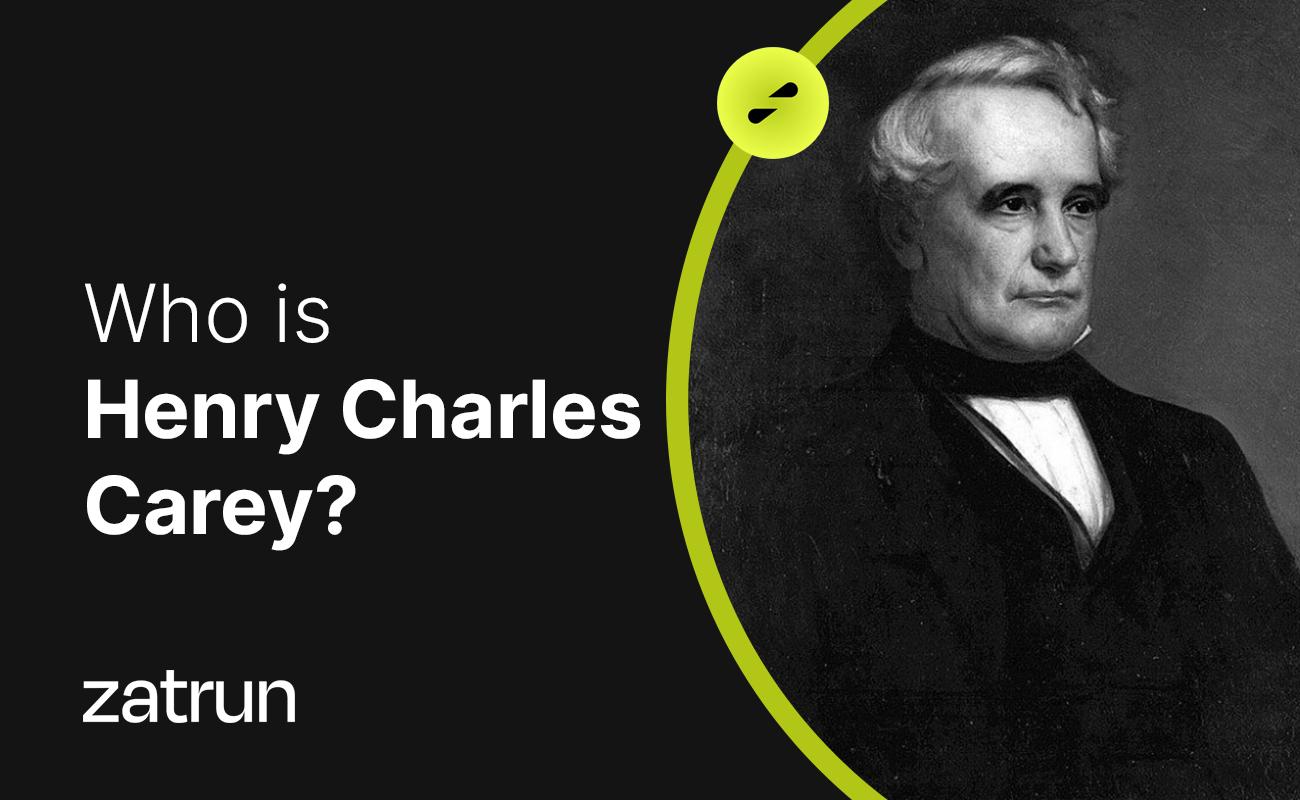Bryan Caplan is an economics professor at George Mason University, a research fellow at the Mercatus Center, a consultant researcher at the Cato Institute, a former writer for the Freakonomics blog, and a former writer for EconLog. If you find more about Bryan Caplan, you can check out this article of Zatrun.com.
Who is Bryan Caplan?
Bryan Caplan, who was born on April 8, 1971, is a noteworthy American economist and accomplished author. Currently, he holds the position of professor of economics at George Mason University, where he imparts his knowledge and expertise to students.
He describes himself as an “economic libertarian,” and much of his academic work focuses on behavioural economics and public economics, particularly in the field of public choice theory. Bryan Caplan earned a B.A. in economics from the University of California, Berkeley in 1993 and a Ph.D. in economics from Princeton University in 1997. He currently publishes his own blog, “Bet on It,” and has authored several books.

In a June 2011 blog post, Bryan Caplan contested Paul Krugman’s claim that political liberals can accurately express conservatives’ views, but not vice versa. He proposed a test like the Turing test, but instead of evaluating a chatbot’s ability to mimic a person, it evaluates a person’s ability to accurately express the views of their ideological opponents to their satisfaction. Other writers have noted that if one is thought to be able to understand and express an enemy’s arguments correctly (or not), then one can be said to have “passed” (or failed) the “Ideological Turing Test.”
Caplan’s Works
Published in 2007, “The Myth of the Rational Voter” book further develops Bryan Caplan’s previously written concept of “rational irrationality.” It presents an argument that voters have systematically misleading beliefs about important economic issues based on the American and Economist Surveys of Americans and Economists. Caplan writes rational irrationality as an explanation for the failure of democracy.
The book was reviewed in popular press publications such as The Wall Street Journal, The New York Times, and The New Yorker, as well as academic publications such as the Journal of Libertarian Studies, Public Choice, Libertarian Papers, and The Independent Review. However, it also received critical scrutiny from Rupert Read in the European Review.

Published in 2011, “Selfish Reasons to Have More Kids” book argues that people overwork themselves when it comes to raising children, and that this fear is preventing them from having children. Bryan Caplan’s book suggests that parents should relax about raising children. It highlights that costs have decreased, both in terms of childcare expenses and effort, and that according to the basic theory of demand, having more children has become more meaningful.
The book was reviewed in publications such as The Wall Street Journal, The Guardian, RealClearMarkets, and The Washington Times, and triggered discussions sponsored by The Wall Street Journal and The Guardian. The Guardian discussed Caplan’s characteristics of a tough parenting style with “Tiger Mom” Amy Chua. The book was also featured as a story on National Public Radio. Kirkus Reviews described it as “inconsistent and unconvincing.”
“The Case Against Education”
Published in 2018 by Princeton University Press, this book titled “The Case Against Education: Why the Education System is a Waste of Time and Money,” argues that higher education is highly inefficient in developing human capital, based on labour market signalling economic concept and research in educational psychology.

Caplan suggests reducing the amount of education people receive and encouraging them to focus on learning skills that are more relevant to the workforce, rather than pursuing credentials for their own sake. The book has been reviewed in publications such as The Wall Street Journal, Reason, and The Chronicle of Higher Education.












